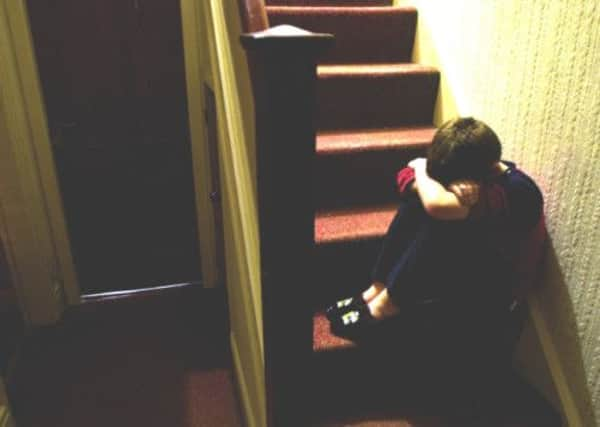UK youth well-being ‘at risk from cuts agenda’


Children and young people’s well-being in the UK has deteriorated under the Coalition’s cuts programme, Unicef said as it published the findings of research spanning 29 of the world’s richest countries.
Britain has crept up to 16th place in the charity’s child well-being league table since it was controversially branded the worst place in the developed world to grow up in 2007.
Advertisement
Hide AdAdvertisement
Hide AdBut it has the lowest rates of further education and is languishing fourth from the bottom of the heap for children’s overall educational prospects, the report reveals.
The UK also has the third-highest teen pregnancy rate – and is one of only three countries where this has risen – as well as the fifth-highest percentage of young people not in education, employment or training (NEET).
Unicef UK said it feared the situation would worsen without a “coherent” youth policy championed by central Government and ring-fenced funding for young people at local level.
Warning that the overall slight improvement seen under the previous Labour administration is at risk of being reversed, tbe charity said cuts to council services were having a “profound effect” on young people.
Advertisement
Hide AdAdvertisement
Hide AdMore than £300m was cut from services for young people in the education department’s 2011/12 budget – a 26 per cent drop from the previous year.
And 400,000 more children are predicted to be living in poverty by 2015/16 as a result of austerity measures, according to research by the Family and Parenting Institute and the Institute for Fiscal Studies.
Anita Tiessen, deputy executive director of Unicef UK, said: “There is no doubt that the situation for children and young people has deteriorated in the last three years, with the Government making policy choices that risk setting children back in their most crucial stages of development.
“With the UK ranking at the bottom, or near the bottom, of the league table on teenage pregnancy and young people not in education, employment or training, we know that many are facing a bleaker future.
Advertisement
Hide AdAdvertisement
Hide Ad“The Government needs to acknowledge this and act now. While children and young people will be the first to bear the brunt if we fail to safeguard their well-being, over time society as a whole will pay the price.”
Other key UK failings identified in today’s report, which draws on statistics from 2010, include one of the highest alcohol abuse rates by young people. Around 20 per cent of British 11 to 15-year-olds reported having been drunk on at least two occasions.
And the UK is placed in the bottom third of the infant mortality league table with a rate of 4.4 deaths per 1,000 live births, approximately double the rate of Sweden or Finland.
The child well-being table was topped by the Netherlands, followed by Finland, Iceland, Norway and Sweden, but the UK also trailed behind less wealthy countries such as Slovenia, the Czech Republic and Portugal.
Advertisement
Hide AdAdvertisement
Hide AdEach country’s overall position was based on its average ranking in five categories: material well-being, health and safety, education, behaviours and risks, and housing and environment.
In its report, Unicef said the case for national commitment to child well-being was “compelling”.
“Failure to protect and promote the well-being of children is associated with increased risk across a wide range of later-life outcomes,” it said.
“Those outcomes range from impaired cognitive development to lower levels of school achievement; from reduced skills and expectations to lower productivity and earnings; from higher rates of unemployment to increased dependence on welfare; from the prevalence of anti-social behaviour to involvement in crime; from the greater likelihood of drug and alcohol abuse to higher levels of teenage births; and from increased health care costs to a higher incidence of mental illness.”